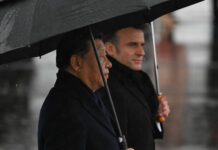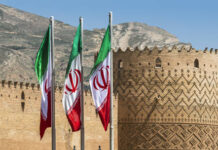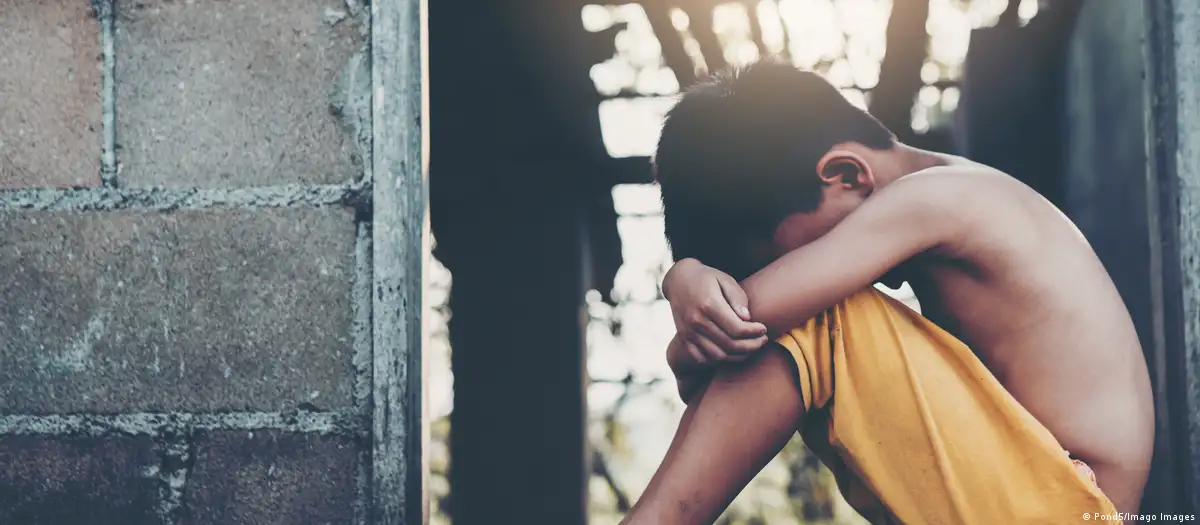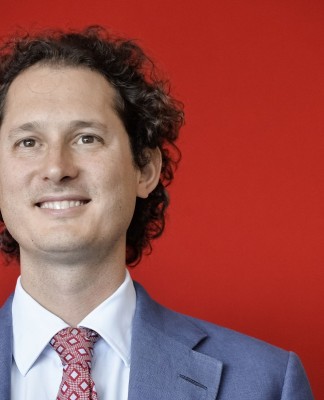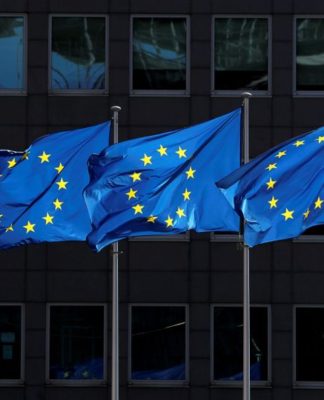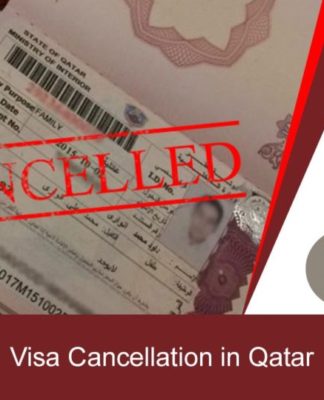SOCIETYPAKISTAN
Pakistan: What’s fueling child sexual abuse in Punjab?
S. Khan in Islamabad
19 hours ago19 hours ago
Domestic sexual abuse of children is a taboo subject in Pakistan. The problem is compounded by a prevailing culture of impunity for perpetrators, activists say.
https://p.dw.com/p/4UMnO
A symbolic image of child abuse
In a number of child sexual abuse cases, the perpetrators are either relatives, teachers or clerics, say activistsImage: Pond5/Imago Images
A recent report released by the government of Pakistan’s Punjab province laid bare the growing problem of child sexual abuse in the region.
In the first five and a half months of 2023, 1,390 such cases were reported, data from the province’s Interior Ministry showed.
Experts warn that the figure is just “the tip of the iceberg,” as many cases go unreported.
According to the report, 959 of the reported cases involved boys, while the remaining 431 cases involved girls.
Muhammad Shahzad, a Lahore-based crime reporter, said this report doesn’t reflect the true picture, as it only showed cases reported by parents or relatives of the victims.
He said many victims of sexual abuse were either homeless children or those studying in Islamic religious schools. These are less likely to be reported.
There are about 1.5 million homeless children in Pakistan and 2.5 million in Islamic seminaries. They are all vulnerable to sexual assault, Shahzad said.
Poverty-stricken Pakistani parents send children to work
02:46
Abuse scandals and protests
It’s not the first time that cases of child sexual abuse and exploitation have captured public attention in Pakistan.
In 2015, a huge child abuse and extortion scandalcame to light, involving at least 280 children who were filmed while being sexually abused by a gang of men.
The men then blackmailed the children’s parents by threatening to release the videos.
The scandal sparked countrywide condemnation and anger against authorities.
In 2018, Pakistan was rocked by the sexual assault and murder of a 7-year-old girl, Zainab Ansari. Public outcry in the aftermath of this crime forced lawmakers to pass legislation to prevent child abuse.
But the latest report has called into question the effectiveness of these laws.
After incidents of child abuse, the debate in Pakistan focuses on the government’s inefficiency in acting against the perpetrators of the crime.
But activists say the larger issue of child protection is missing from the public discussion.
They also stress that domestic sexual abuse of children is a taboo subject in Pakistan.
Who are the perpetrators?
In a number of cases of child sexual abuse, the perpetrators are either relatives, teachers or clerics, said Sidra Humayun, a Lahore-based expert on sexual and gender-based violence issues.
When a child informs their parents about such abuse, the parents often don’t believe them, which badly affects the confidence of the child.
“Children are also gullible and can be lured into obeying the orders of a perpetrator,” Humayun said.
Pakistan’s economic turmoil hits poor children hard
02:00
Farzana Bari, an Islamabad-based activist, told DW that children can be easily coerced or threatened.
This is one of the factors that make them vulnerable to such attacks, Bari said. A lack of monitoring of places such as religious seminaries and detention centers also makes it possible for perpetrators to target children, she added.
What’s needed to tackle the problem?
The problems are compounded by a prevailing culture of impunity for perpetrators.
Mumtaz Gohar, an Islamabad-based activist, said the people involved in these crimes often go unpunished.
Hasnain Muqqdas, from the Kotly Satiyan area of Punjab, is a survivor of sexual abuse. He said he had no hope that justice will be delivered. “In my case, despite the fact that the sexual abuse was filmed and went viral, the perpetrators have been released,” he told DW. “The police did not even bother to carry out a forensic investigation of the video. This was really very disappointing.”
But Punjab police deny reports that they don’t take these cases seriously.
“We take them very seriously. Over 90% of the perpetrators in these cases are arrested, and we carry out DNA tests in 80% of the cases,” Waqas Nazir, the deputy inspector general of the Punjab Police Operations Branch, told DW.
But in some cases, he said, it’s difficult to obtain evidence as victims and their families refuse DNA testing.
“There are cases where victims reported the matter very late, leaving no evidence,” Nazir said. “In other cases, the victims or their families have rejected DNA tests.”
The latest Punjab government report underlined that effective law enforcement, public awareness campaigns and strong child protection services are crucial in order to address the problem and ensure justice for survivors and punishment for the perpetrators.
Edited by: Srinivas Mazumdaru






